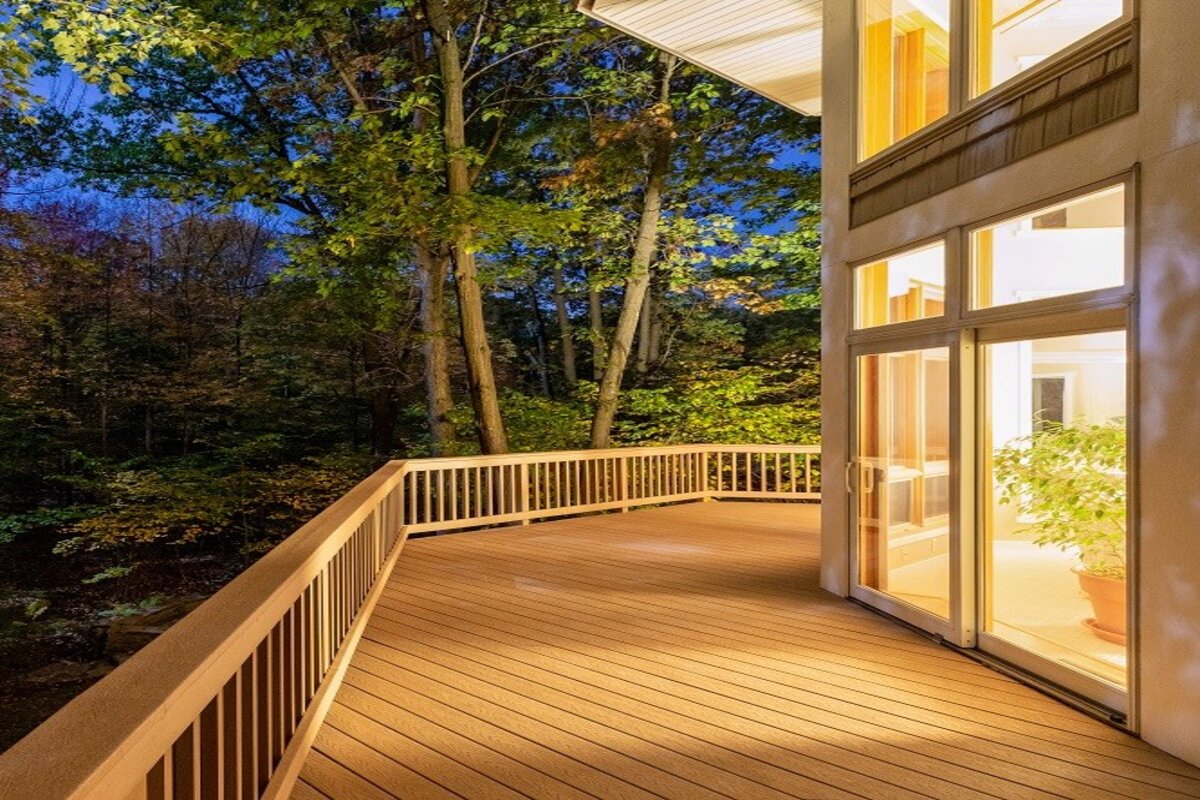Composite decks have become increasingly popular in recent years, and for a good reason. They offer homeowners and builders an alternative to traditional wood decks, boasting a range of benefits. However, as with any product, composite decks also come with their share of drawbacks. In this article, we’ll explore deep into the pros and cons of composite decks.
Pros of Composite Decks
Long-lasting Durability
One of the primary advantages of composite decks is their longevity. Unlike traditional wood decks, which might last anywhere from 10 to 30 years with high maintenance, composite decks offer a lifespan ranging from 20 to 50 years, depending on the chosen product.
Sleek and Clean Look
Many homeowners prefer the clean appearance of composite decks. They provide a consistent and modern aesthetic that wood decks can sometimes lack.
Low Maintenance
While no deck is truly maintenance-free, composite decks come close. Unlike wood, which requires regular sealing, staining, and potential repair, composite decks mainly require occasional cleaning.
Variety of Options
Another noteworthy benefit is the plethora of design options available with composite decks. Whether you’re seeking a whitewashed cedar appearance, a deep cocoa hue, or anything in between, composite decks have you covered. From hand-scraped finishes to simple wood grain looks, the choices are vast.
Warranty and Lifespan
A significant selling point for composite decks is the warranty. Many products come with a fade and stain warranty that lasts at least 20 years. Some even offer warranties extending up to 50 years. In contrast, wood decks don’t typically come with such guarantees.
Cons of Composite Deck
Some Maintenance Required
It’s a misconception that composite decks are entirely maintenance-free. Over time, environmental factors can lead to issues like mildew. However, these problems typically arise years after installation, not within the first 12 months or even two years.
Higher Initial Cost
The primary drawback most people highlight about composite decking is the cost. Initial expenses for composite decks are higher than wood. However, considering the reduced long-term maintenance costs and longer lifespan, many find the investment worthwhile.
Cost and Maintenance
The up-front costs of composite decks might deter some. However, when considering the long-term benefits and reduced maintenance, many homeowners find it a worthy investment. Unlike wood decks that require significant upkeep to maintain their look and integrity, composite decks primarily need regular cleaning. This factor often balances out the higher initial expenditure over time.
Comparison with Wood Decks
Wood decks undeniably have their charm. They offer natural beauty and a traditional feel that some homeowners might prefer. However, they require a considerable amount of maintenance to keep them in top shape. Additionally, while wood decks also present various design options, for specific finishes like hand-scraped wood, it might be cheaper to opt for composite decks.
Conclusion: Pros and Cons of Composite Decks
In conclusion, composite decks offer a durable, low-maintenance, and versatile decking solution, albeit at a higher initial cost. If you’re considering installing a deck and weighing your options, it’s essential to consider both the short-term and long-term benefits and drawbacks.
If you have any more questions or need advice tailored to your specific situation, please don’t hesitate to contact us for assistance.






